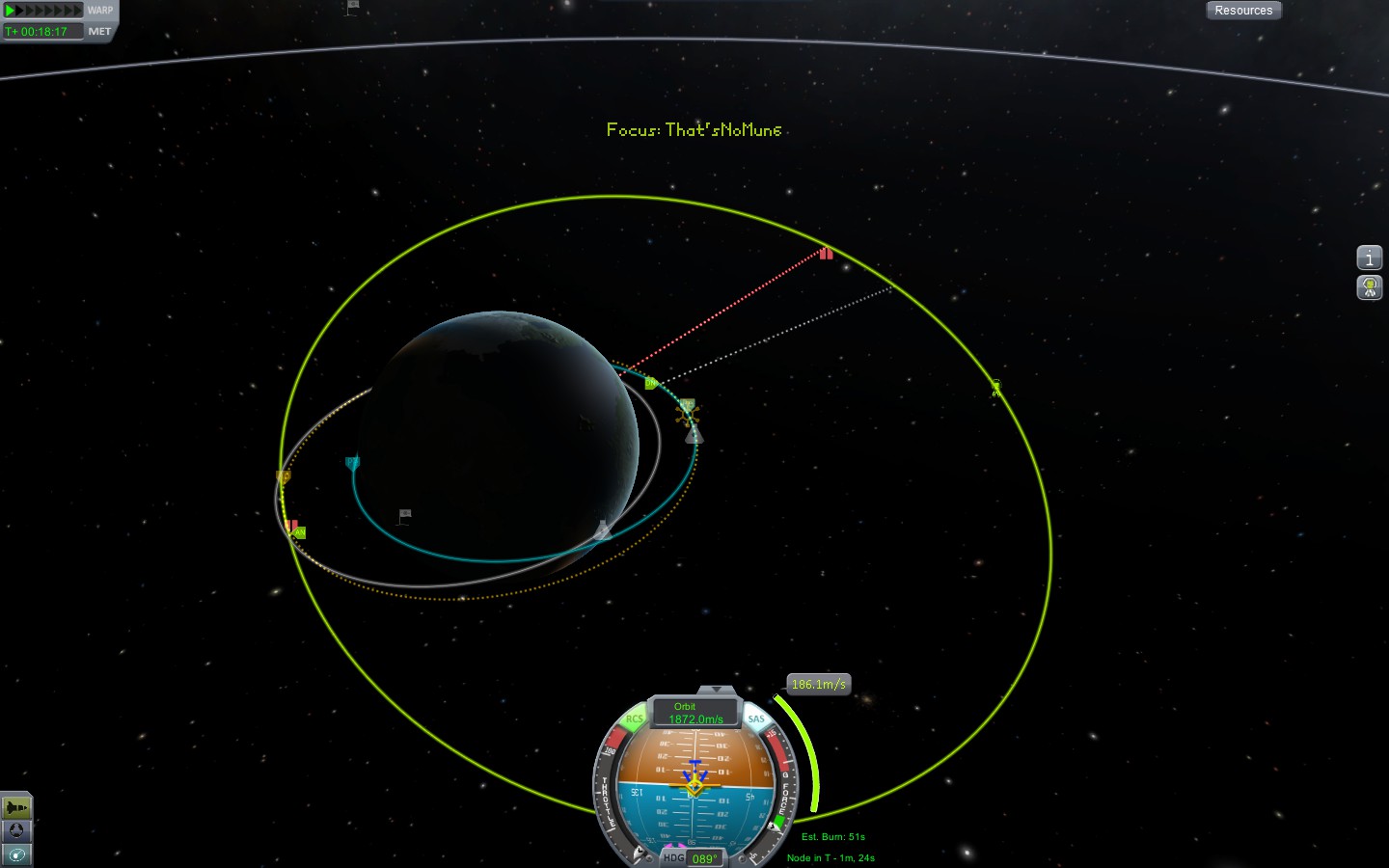-
Notifications
You must be signed in to change notification settings - Fork 0
Session 2B: Data Visualization and Games
Interesting ways to show data: visualization built onto character models in the game world.
- Deadspace - diagetic lifebars/interfaces
- Civilization - "spreadsheet games", optimizing resources
- Isomorphic map layouts - Bus bunching
... Kai speaking...
what is the role of 3D?
Tried making a game w/ D3, but ran into problems with hundreds/thousands of particular nodes. Ended up using Canvas instead.
D3 not really designed as a game engine. Good for 2-d simple games.
simulations - not really games - but some similar principles.
Data viz as viz, but also as a controller.
The role of "flow": (1) skills vs challenge match, (2) clear goals & immediate feedback
What's the border between simulation (peers?) & game (teaching?). What's the border: ability to compete? Clear goals? Share your score - know how far you're doing. Can still be social just by having a high score or range of scores. Measuring your progress.
Lewis shows example of templating from bus-bunching, so you can start with a great illustration & incorporate that.
Teaching being recategorized as a social thing. D3 as a primordial tool for that.
Core things of games: score, competition, social, goals, narrative, feedback, status. Many are actually simple.
Learn from games to data viz: fog of war, point of view, isometric perspective, icons (?), minimaps as detail & overview.
Role of failure/learning curve -> how do you make that work (that the struggle is worth it, important, and feels good). Curated narrative?
Many games - very defined goal. Minecraft & Sims where the goal is undefined.
Do you experience the game, or you watch others play?
Augmenting user interfaces -> give you a view of the state of the game. "If the view makes you better at Starcraft, it's got to be good". League of Legends example from Kai. Map control is critical to that game. Visualizations can guide game decisions.
Frustration -> a sign of learning. So rewarding when you get through. Clear goals & immediate feedback (farmville is so successful, also RPGs - a glorified progress bar).
Learn from games that context matters. What others might see as chart junk could be instead context. If a game was just it's bare essential game mechanics, most games wouldn't be fun.

